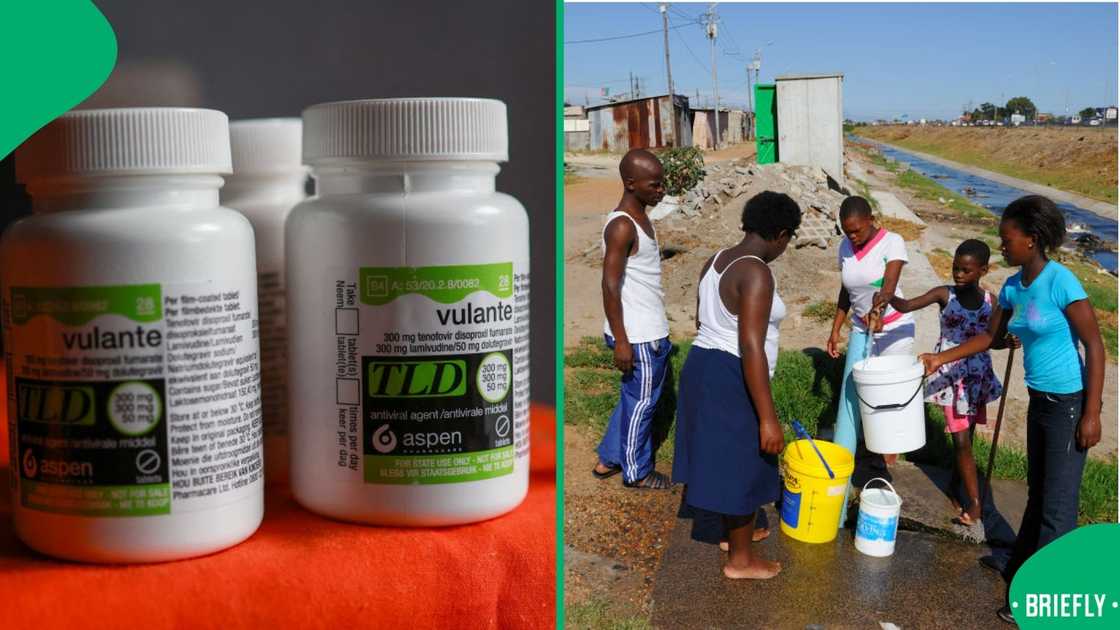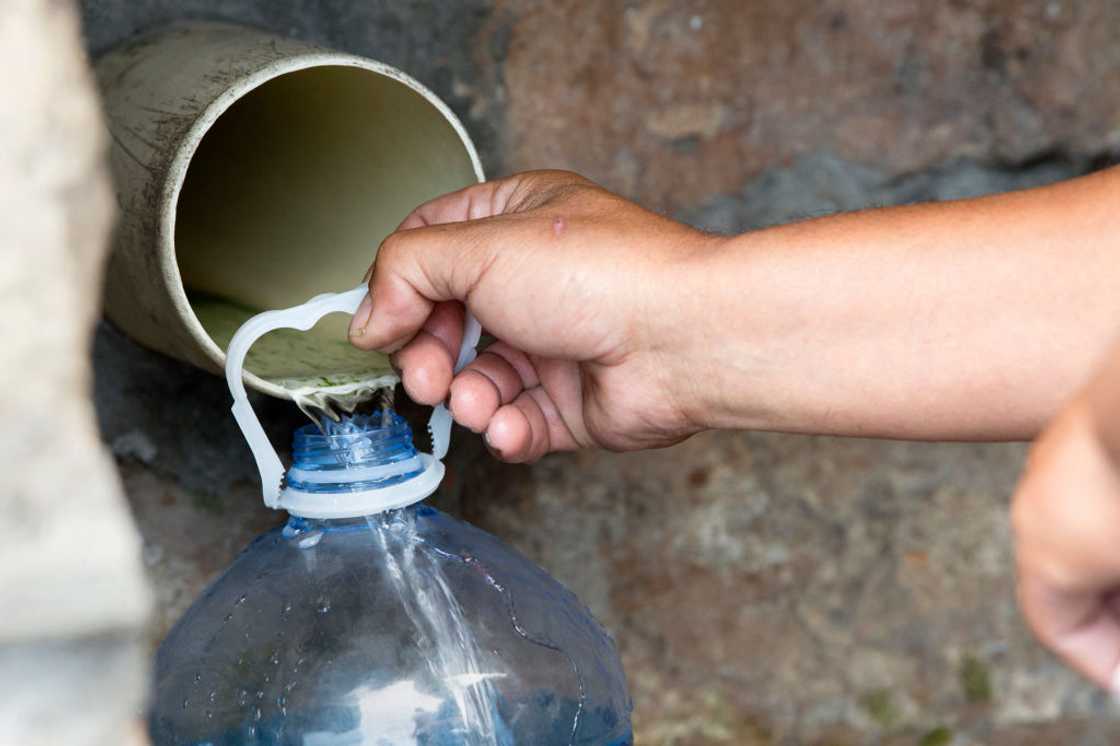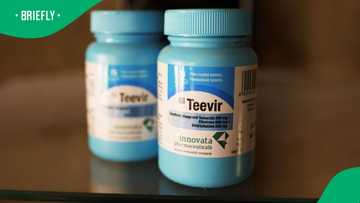Government Departments Respond to the Presence of ARVs in Water Sources
- The Gauteng Department of Health weighed in on the report that the North West University provided about the presence of ARVs in water sources
- The department said that stakeholders who clean the water sources must also be responsible
- South Africans shared their concerns about the presence of ARVs in the water, and some discussed possible alternatives
Tebogo Mokwena, a dedicated Briefly News current affairs journalist, contributed coverage of international and local social issues, including health, corruption, education, unemployment, labour, service delivery protests, and immigration in South Africa, during his seven years at Daily Sun and Vutivi Business News.

Source: Getty Images
GAUTENG — The Gauteng Health Department said that the presence of ARVs in water sources is a net positive because it means people are taking their ARVs. It also said that the bigger issue is how stakeholders treat the water supply.
According to IOL, the department's spokesperson, Foster Mohale, said that the presence of the ARVs in the water shows that people are sticking to their treatment. However, he called on those who deal with wastewater to be responsible in cleaning the water sources.

Read also
President Cyril Ramaphosa and his executive to undergo lifestyle audits, SA remains sceptical
Mohale said that water that leaves bathrooms goes to treatment plants, which the Department of Water and Sanitation is responsible for.
PAY ATTENTION: stay informed and follow us on Google News!
Department of Water and Sanitation responds
The Department of Water and Sanitation also responded to the findings of the report. The spokesperson, Wisane Mavasa, said that the ARVs could be entering through municipal wastewater treatment systems, which were usually not designed to remove the chemicals found in ARVs. The Department said it will engage with the North West University on the findings in tandem with the Department of Health and the Water Research Commission
What did the report find?
The report found that humans are at risk of being exposed to the compounds found in ARVs via drinking water. It added that humans could consume the ARVs and their breakdown products when they eat the fish, which may have been exposed to the ARVs.

Source: Getty Images
The University of KwaZulu-Natal conducted a study on 20 women from Umnlazi in Durban for 18 months and published their findings in early 2025. The researchers studied the effects of two antibodies that bind to HIV and stop it.

Read also
SA celebrates after Transport Minister Barbara Creecy dissolved the Road Accident Fund board
What did South Africans say?
Netizens shared their concerns.
Badfana Dlamini said:
"No wonder I'm always dizzy whenever I drink water."
Mthembu Princess said
"South Africans, get yourself a borehole in your neighbourhood. These days, if you think you will wait for the government to do better, forget it. Learn to do things as South Africans to save yourselves from this government."
Lesiba Politician said:
"Just after foreign nationals were stopped by fellow citizens not to accessing our healthcare services, boom, there's ARVs in the water."
Vui Lamor Aqui asked:
"What else are they putting in the tap waters?"
South Africa must stand on its own: Motsoaledi
In a related article, Briefly News reported that the Health Minister, Aaron Motsoaledi, said that South Africa must stand on its own after the United States government cut funding to the United States Agency for International Development (USAID). He said the country does not need to rely on funding.
Motsoaledi commented during an urgent debate on the withdrawal of the funding, which took place on 6 March 2025. He said the withdrawal of funds gave the country the chance to stand on its own feet.
Source: Briefly News


